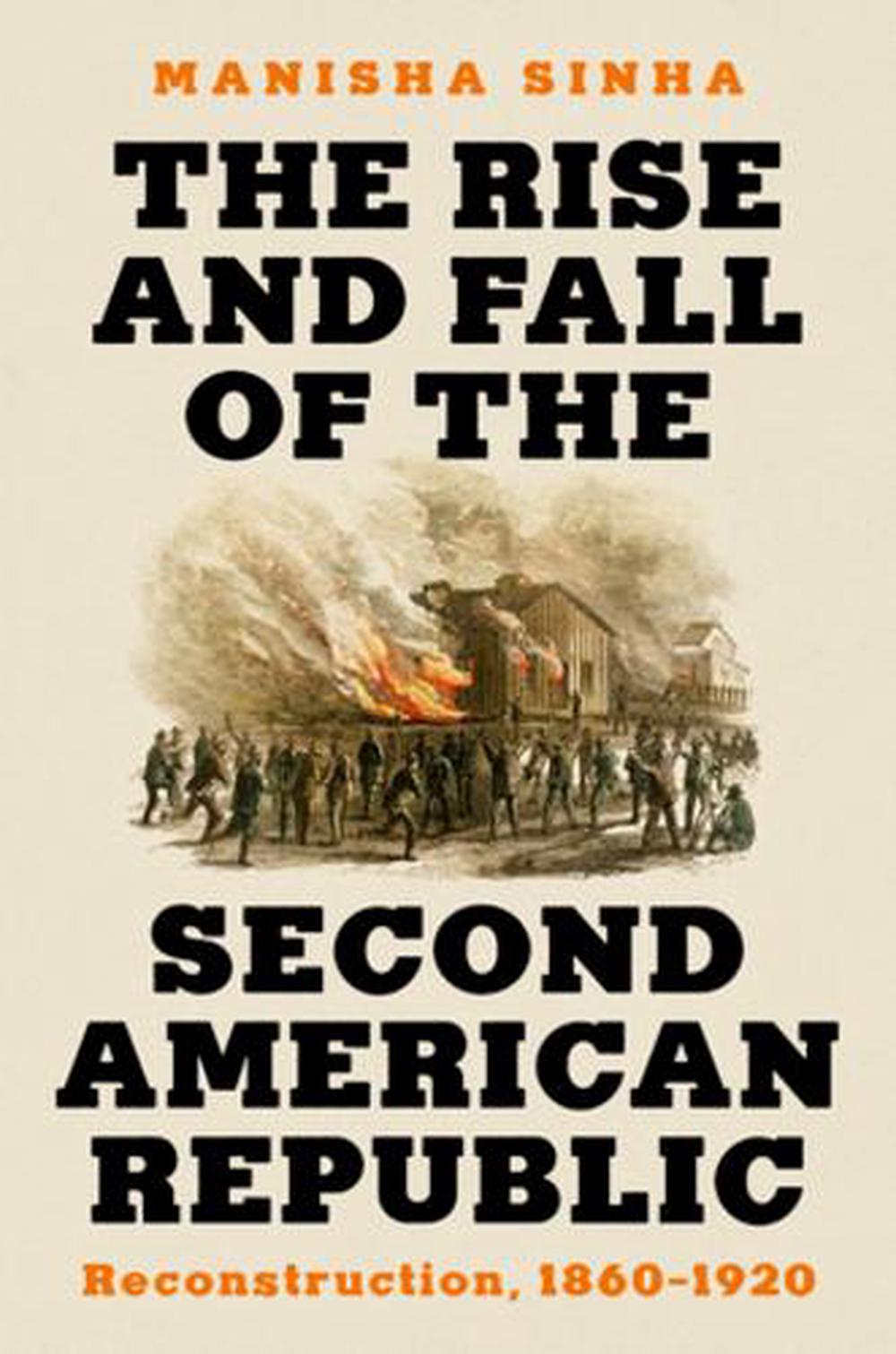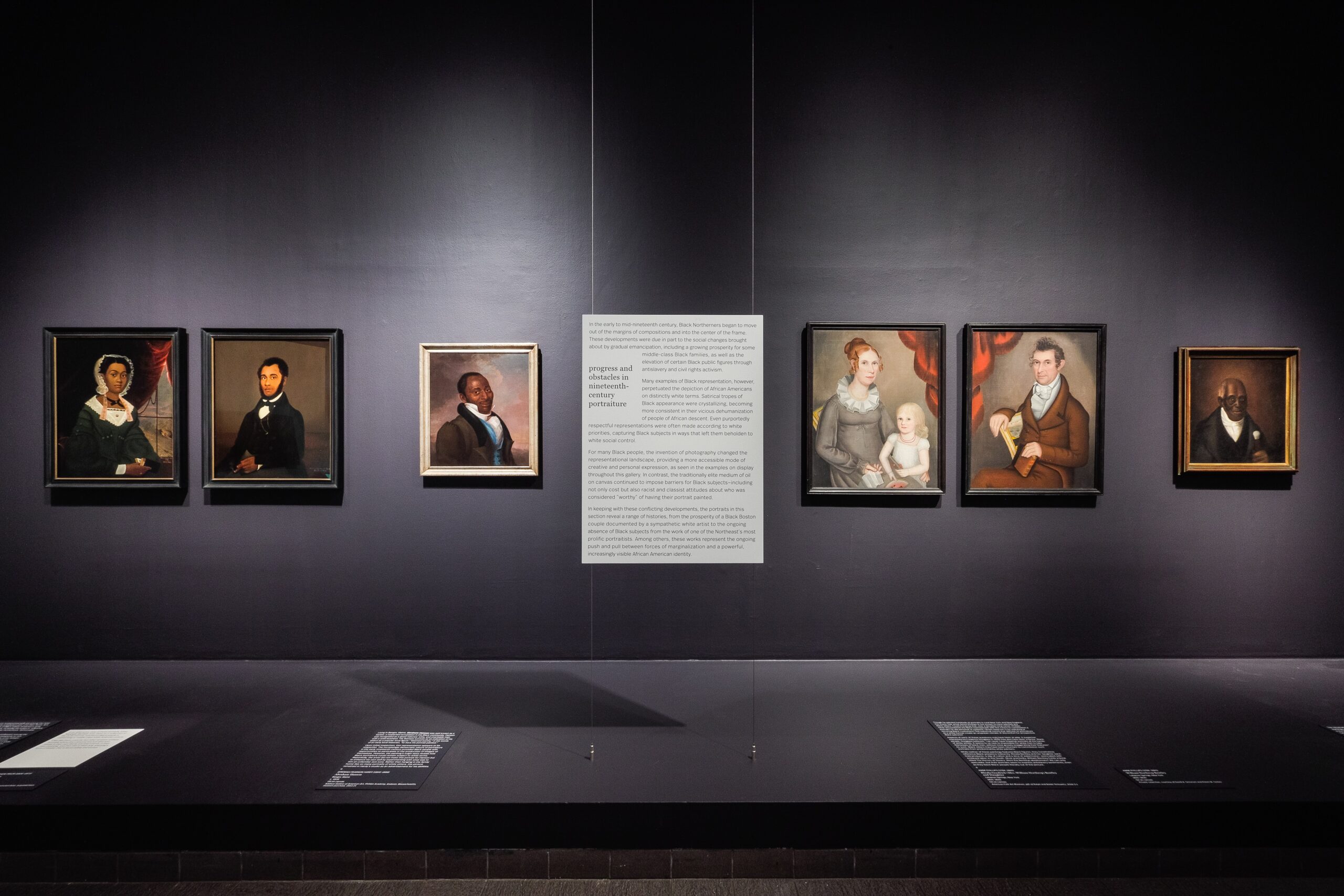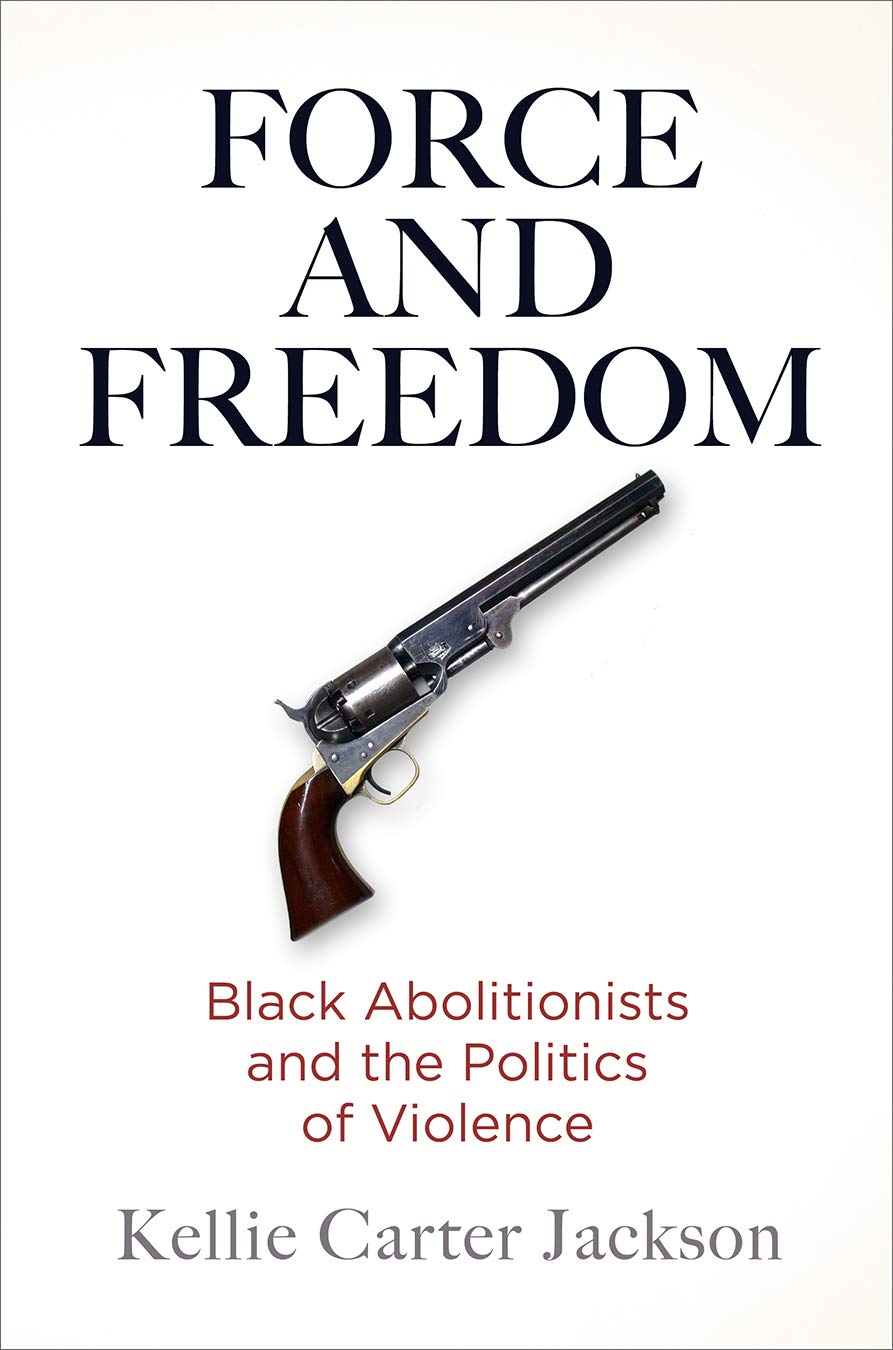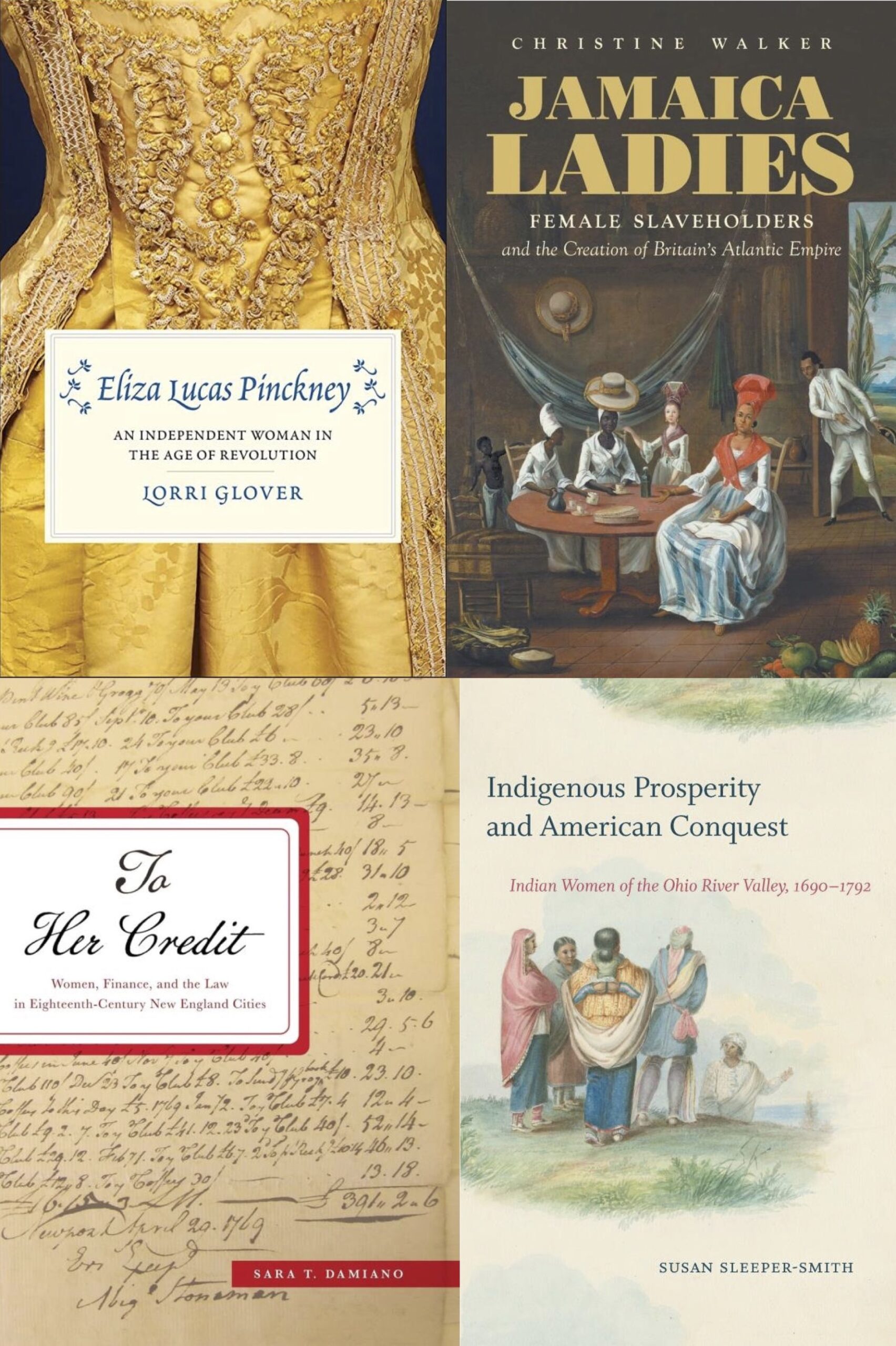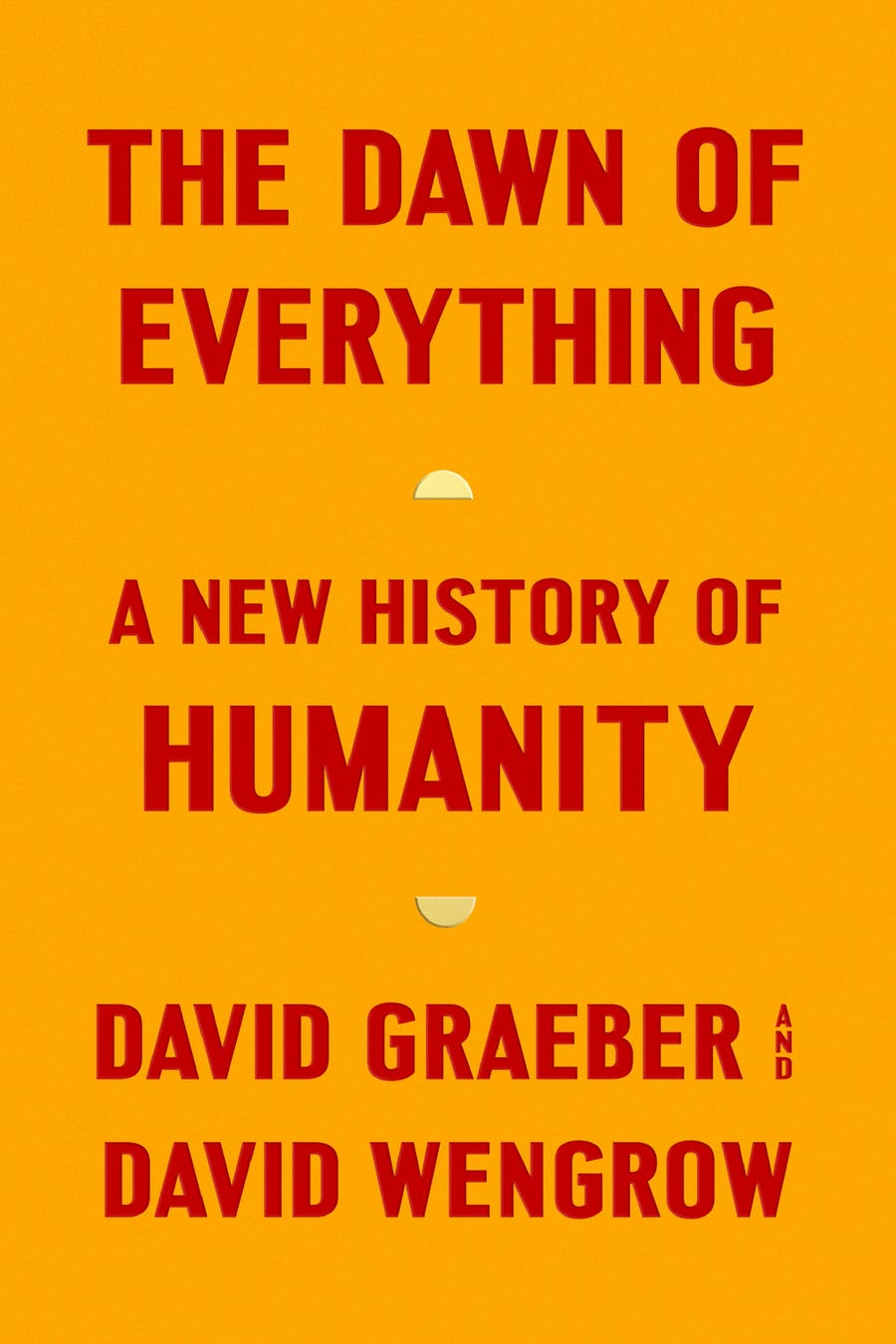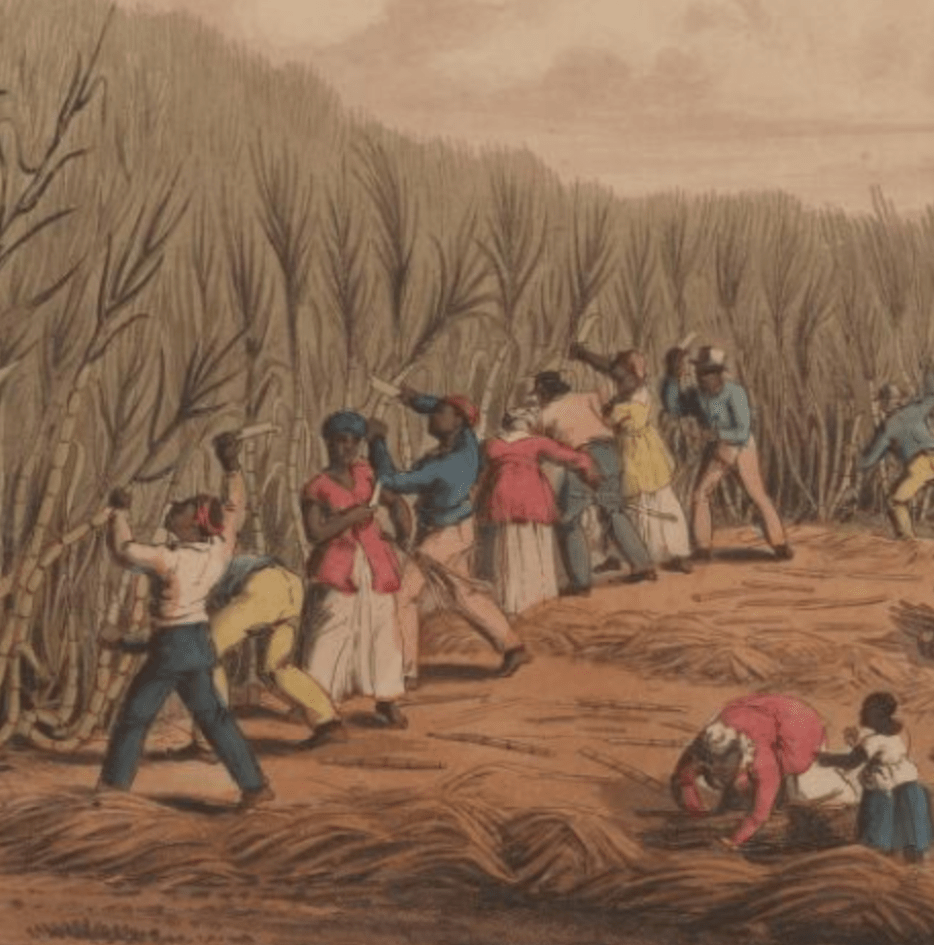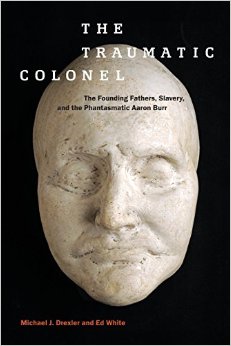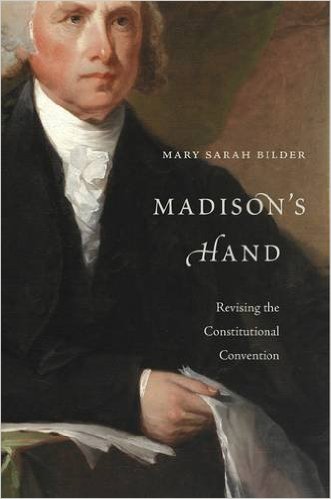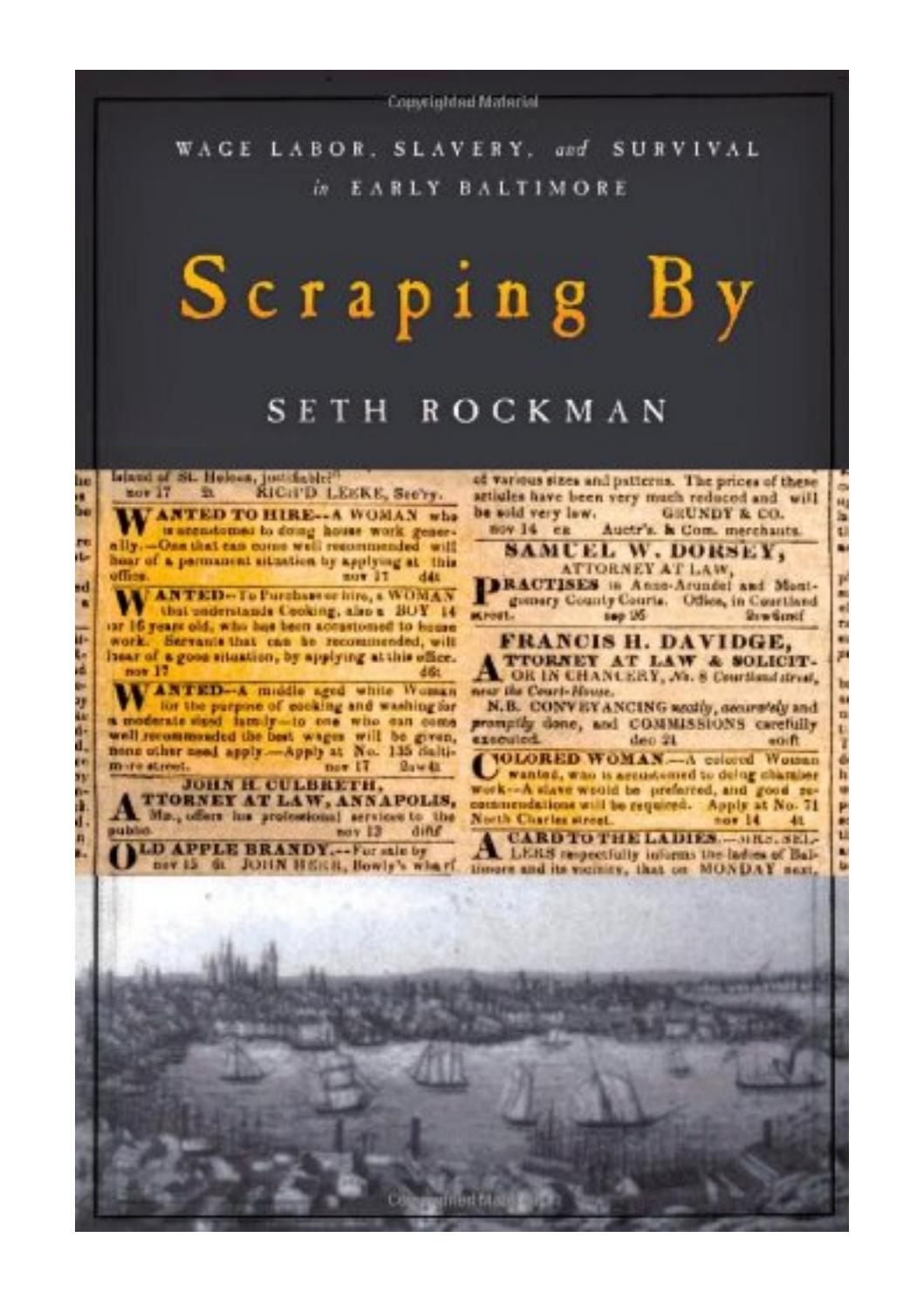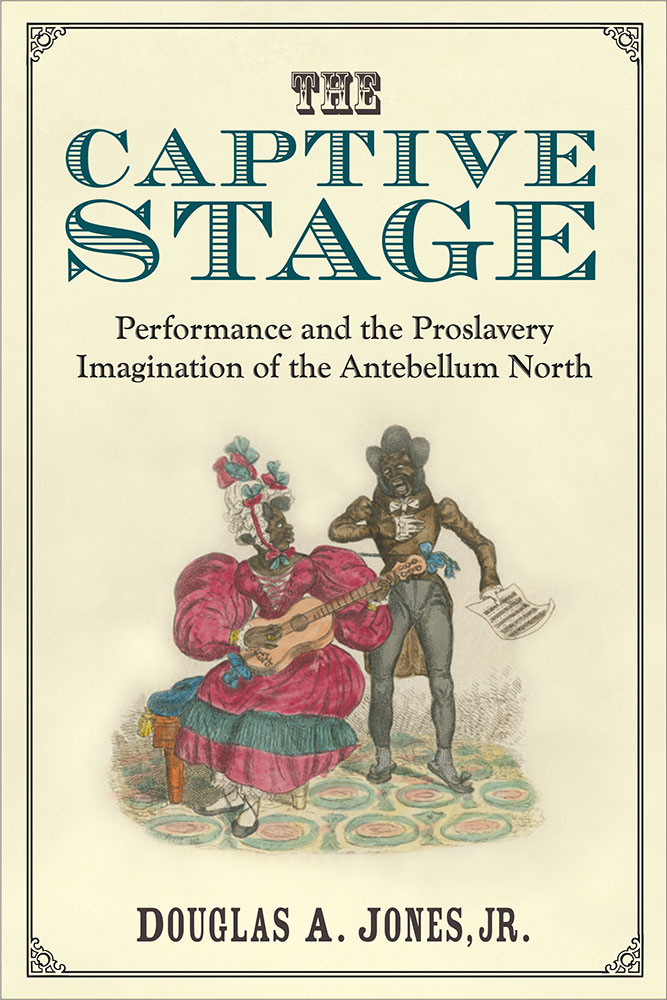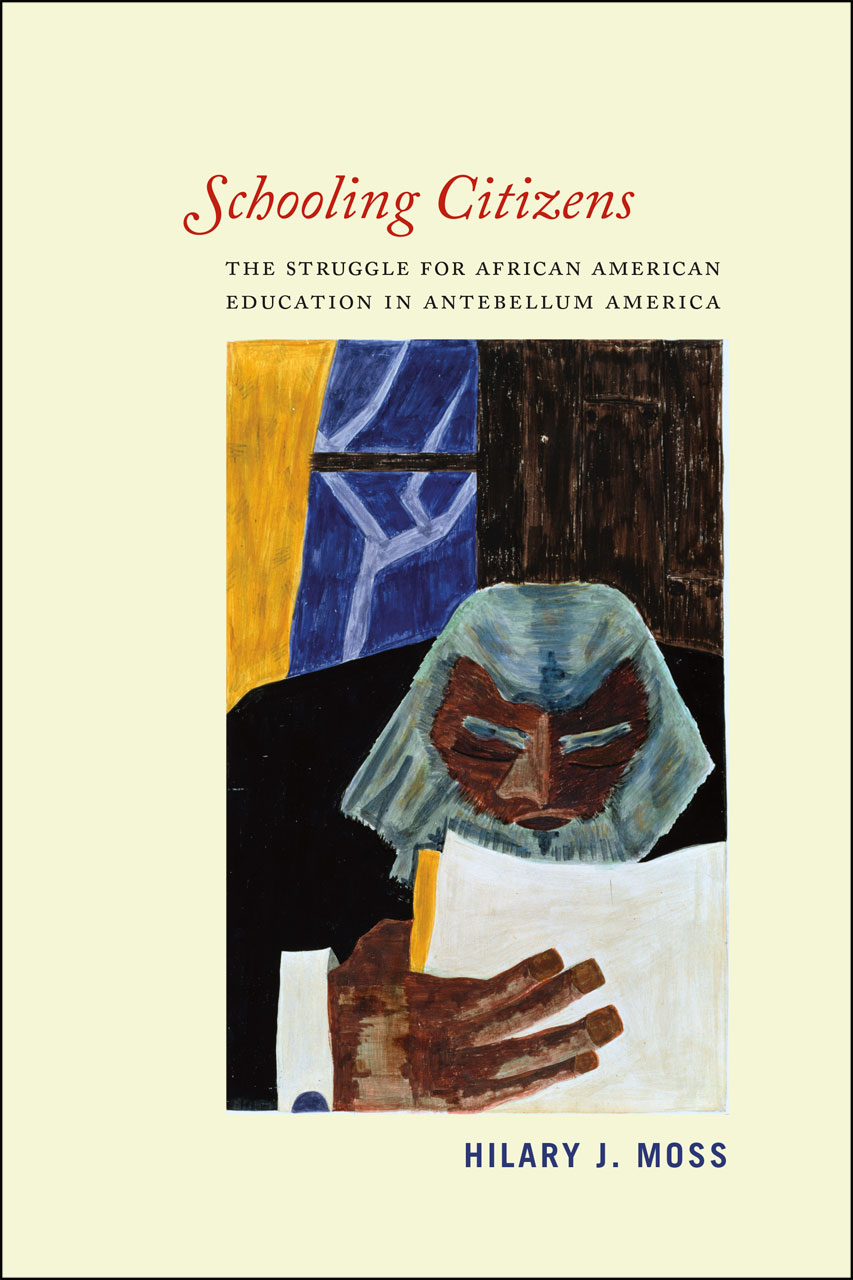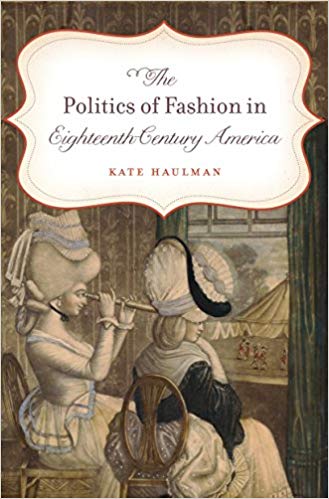In Settlers, Liberty, and Empire, Craig Yirush offers a bracing picture of pre-Revolutionary British North Americans as laborers, rights-bearers, and pamphlet-writers. In Yirush’s account, American colonists embraced a blend of rights stemming from natural law as well as the common law and the English constitution. By emphasizing the colonists’ reliance on natural law, Yirush returns individual and provincial rights to the center of the history of British North American political thought. Moreover, Yirush’s study proposes to update the historiographical debates of recent decades, with their relentless drive to weigh the relative importance of republican and liberal thought in the late eighteenth century, by presenting a richer description of the antecedents to the political and legal ideas that burst forth in the 1760s.
At the heart of Yirush’s account is what he terms the “settler vision of the empire” (4) or “settler political thought” (264), according to which “rights-bearing settlers carved out a sphere of autonomy from the center by virtue of the labor and risk they had undertaken to create flourishing polities on the far periphery of the Atlantic world” (268). This species of thought emphasized a right of resistance to both royal and parliamentary authority, a power that was derived from “a natural right to resist constituted authority and establish new republican governments based on popular consent” (264). In the four chapters that constitute the heart of the book, Yirush demonstrates the degree to which colonists resisted the expansion of metropolitan authority. From Jeremiah Dummer’s defense of New England charter government against the spread of royal authority following the establishment in 1696 of the Board of Trade, to the conflict between settlers and Crown over Mohegan land claims, to struggles over the scope of proprietorial authority in Maryland and royal prerogative power to veto colonial laws in Virginia, Yirush provides meticulous analysis of the concrete arguments that shaped settler political thought.
A particularly important contribution is the book’s exploration of the labor theory of settlement, according to which colonists put forth a Lockean vision of political and legal autonomy as founded on work and risk. British North Americans frequently deployed such arguments against territorial claims by indigenous peoples. When imperial bodies such as the Privy Council became involved in these disputes, the settlers turned their labor-based arguments against metropolitan authority as well—often with limited success, as Yirush describes in Chapter 3, “John Bulkley and the Mohegans.” Citing Locke, the colonists developed “an entirely natural law defense” of their property rights that chipped away at royal authority while arguing for the dispossession of native peoples (138). Such accounts enrich our understanding of how relationships between colonists and native peoples affected those between colonists and metropolitan officials, usefully complicating the standard picture of British officials and settlers as allied against native claims even as they were engaged in conflict over the relative scope of imperial and colonial power.
Yirush’s historiographical goal of bringing rights back into the story of colonial American political and legal thought is a worthy one, and historians and legal scholars alike will profit from his comprehensive treatment of labor, property, and natural law. In emphasizing rights, Yirush follows in the footsteps of scholars such as Joyce Appleby, whose formidable body of work has made the case for viewing the founders as influenced by liberal capitalism as well as republican notions of the public good. Moreover, Yirush marshals impressive evidence dating from the Glorious Revolution for the widespread use of the type of rights language that is typically associated with the Declaration of Independence. By emphasizing this continuity in political and legal thought, the book delivers on its promise to “eschew the current scholarly focus on the origins of the nation” and to connect “colony and nation, empire and republic” (4).





